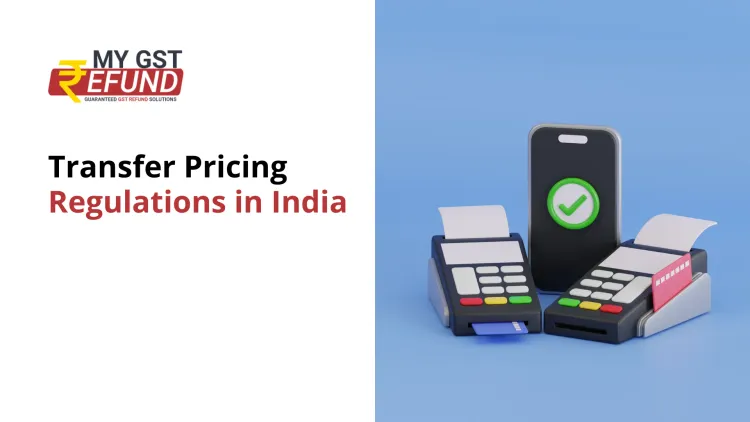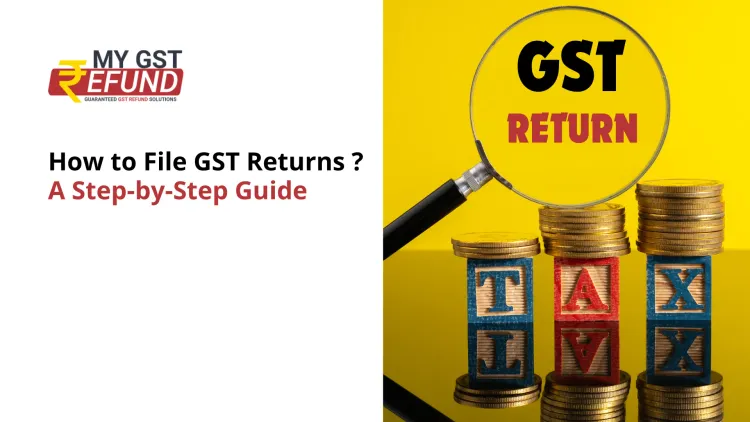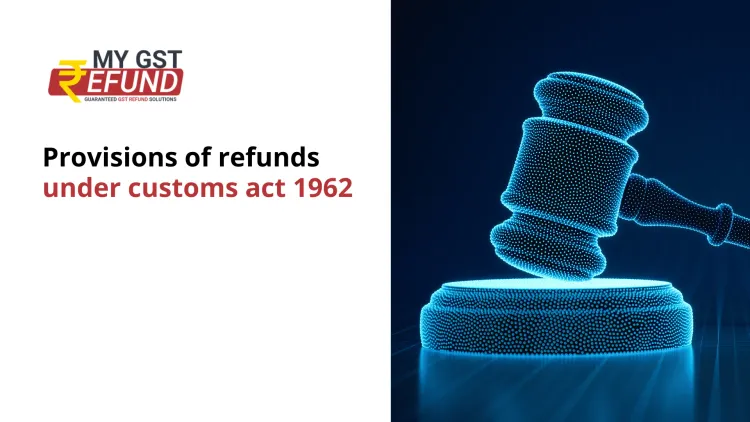Ocean Freight and the way forward for importers to claim GST Refund
Published on: Mon Jun 06 2022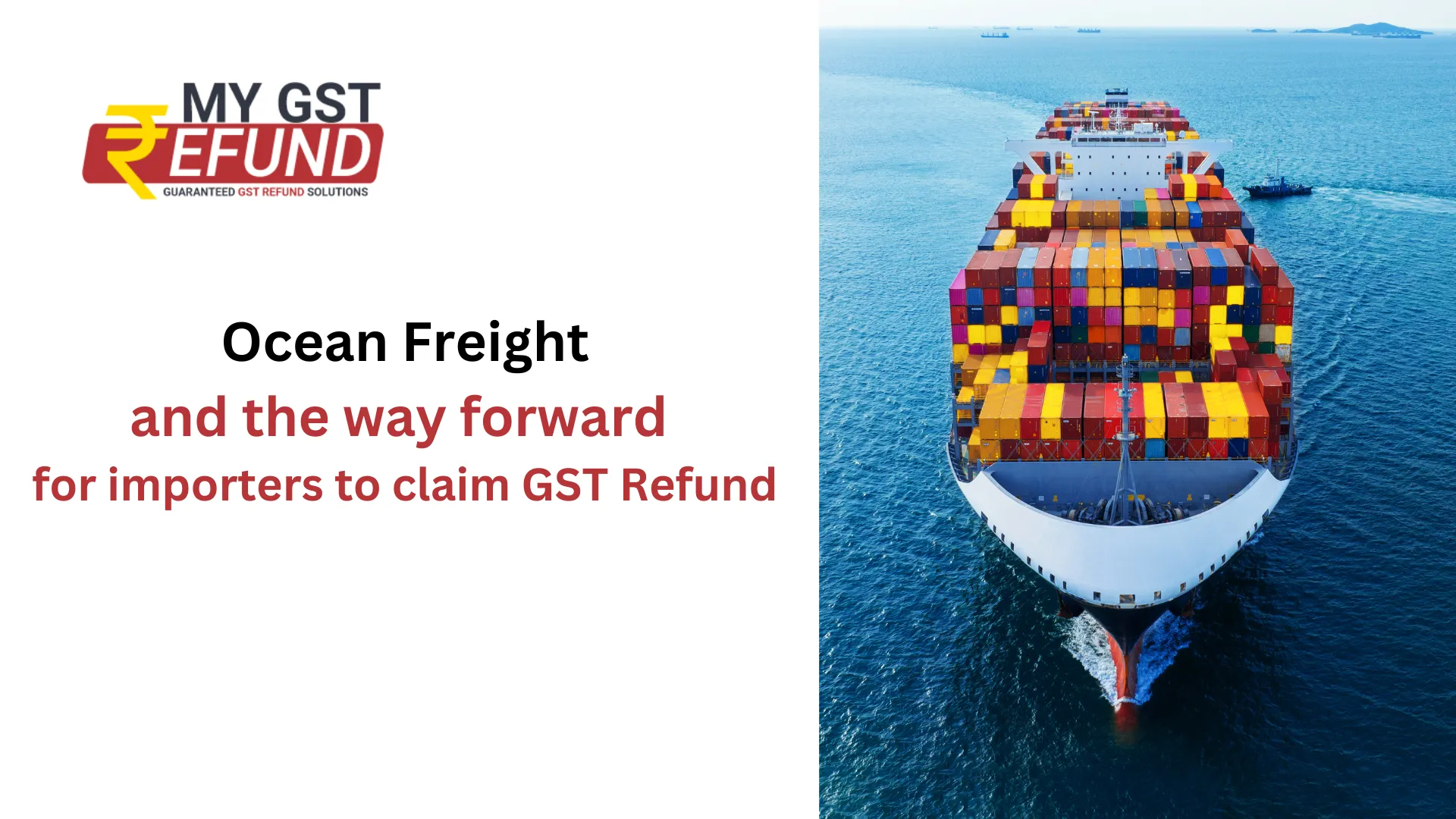
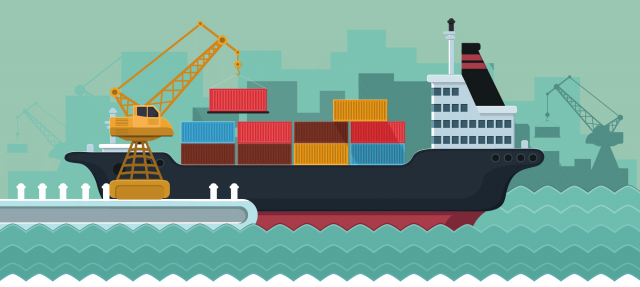
Objections concerning, “Whether an Indian importer can be subject to levy of IGST on ocean freight paid by the foreign seller to the foreign shipping line on a reverse charge basis” have been raised in various audit inquiries across the country and area of trouble for all the importers.
The CGST Act requires the importers to pay IGST at 5% on ocean freight under the Reverse Charge Mechanism (RCM).
Recently, a historic judgment has been passed by the Apex Court in favor of the importer and held that the levy of IGST on the aspect of ocean freight in the case of CIF imports is unconstitutional. Thereby providing a big relief to all the Indian importers who had paid such tax will be eligible for a refund. Now, even the the Indian importer can avail ITC of IGST paid and utilize the same or claim a refund in accordance with the provisions of the CGST Act, 2017 and rules made thereunder.
With the binding pronouncement of the Hon’ble Supreme Court, this point of controversy should now be extinguished.
Key takeaways from this ruling are:
- There is no implication of IGST on the ocean freight going forward;
- The Indian importer who had paid such tax will be eligible for a refund;
- Also, those importers who had not paid the tax on the import of services will now not be required to pay tax because of this Supreme Court ruling
Possible GST Refund Scenarios and the way forward
IGST on the ocean freight
This judgment brings a huge discussion regarding the refund of IGST paid on ocean freight paid by the importers. Following can be the situations that may arise post this judgment:
- Importers who have availed the ITC of IGST paid on ocean freight and utilized it – If the importer has availed the Input Tax Credit and utilized it, in such a scenario he is not eligible to get a GST refund
- Importers who have availed the ITC but not utilized it – It is pertinent to mention here that if an importer has availed the Input Tax Credit but did not utilized it, in such a scenario the importers can claim refund of GST paid under Section 54 of the CGST Act.
- Importers who have not availed the ITC and also no refund application filed till date – If an importer has not availed the ITC and also, he has not filed any Refund application to the department till date, in such a scenario, he can file the refund claim for the entire period since inception of GST Law, i.e. effective from July 2017 subject to the Bar of Unjust Enrichment and period of limitation. Under Section 54 of the CGST Act, the time limit for claiming a refund is two years from the relevant date. It is pertinent to mention here that in the case of rejection of a refund claim on the bar of the limitation period, a writ petition can be filed before the Hon’ble High Court, and on the basis of the merits and jurisprudence evolved, the importer can litigate upon the matter.
- Importers who have not availed the ITC and refund applications are filed but pending before the Department – If an importer who has not availed the ITC and refund application is filed but pending before the department, in such a scenario, importer can again file the refund application before the department and if the department doesn’t entertain his refund application, he can file the writ petition before the Hon’ble court.
Also, check out the Refund of IGST paid on ocean freight.
Related Posts


